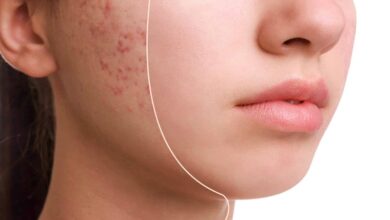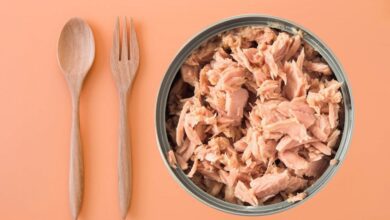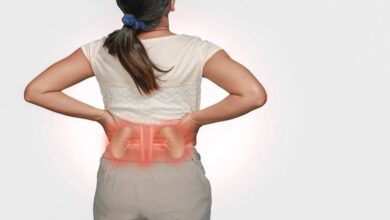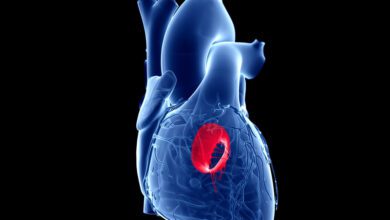8 essential nutrients for vegan pregnant women to have a healthy pregnancy
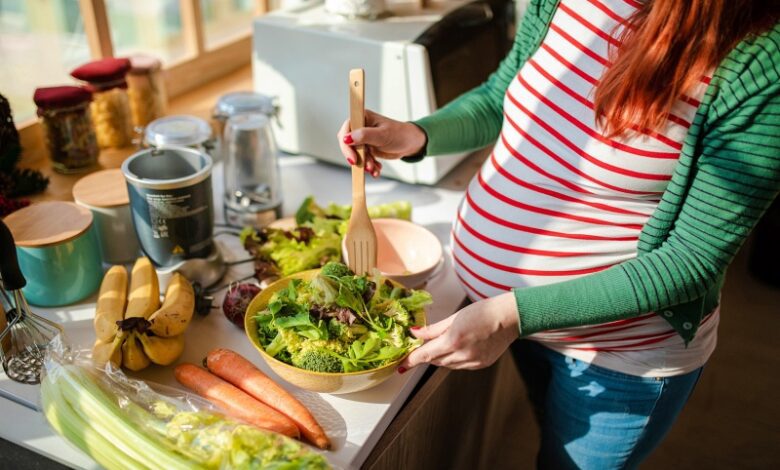
3
When a woman goes through the experience of pregnancy, this will entail many physical and psychological changes, and from here we must be aware and wise of how to deal with this period in terms of healthy nutrition and obtaining important elements for the body, especially with regard to vegetarian women and their inability to eat foods. Animal protein. Due to the importance of this matter, we decided to talk today about the 8 most important and best healthy and important nutritional elements for pregnant women that are vegetarian in nature, so that they can obtain them as much as possible.
Is it safe for a vegetarian woman to have a healthy pregnancy experience?
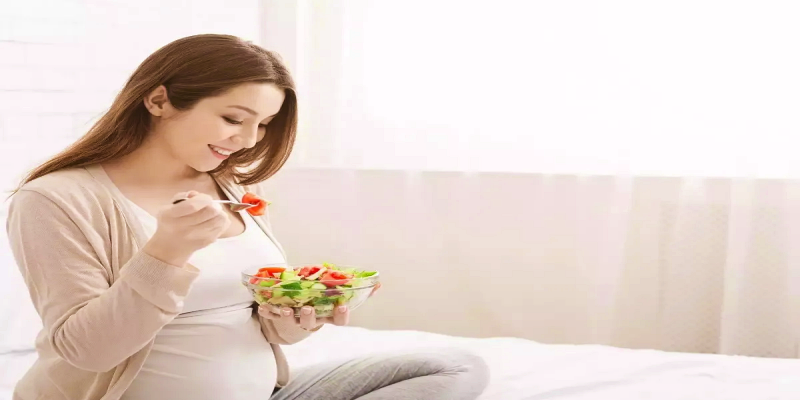

Is it safe for a vegetarian woman to have a healthy pregnancy experience?
Vegetarian pregnant women can have a healthy and safe pregnancy especially if this is planned properly and properly. It is worth noting that this is achieved by committing to eating a variety of healthy plant foods that contain the important nutrients necessary for the development of the cells, brain, and organs of the fetus.
Pregnant women can also get all the necessary nutrients without having to eat meat or fish. This is because a well-designed vegetarian diet contains many nutrients that support fetal growth and maternal health, including plenty of fibre, vitamins and minerals, ensuring this The command is to eat a variety of healthy fruits, vegetables, legumes and seeds.
But before all this, pregnant women need to tell their doctors about their diet during their first visit, and if necessary, the matter must be presented to a nutritionist to obtain safe nutrition during this period, which requires more care and care.
It should be noted that in some cases, pregnant women may need foods fortified with micronutrients and nutritional supplements in addition to prenatal vitamins to ensure that they receive the nutrients they need, provided that this is also done under medical supervision.
What are the 8 most important nutrients for the health of pregnant vegetarian women?
First: plant protein
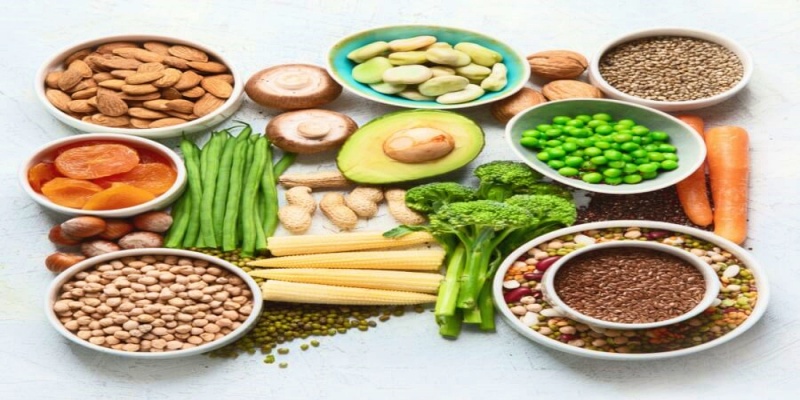

Vegetable protein
In general, pregnant women during the second and third trimester need about 70-75 grams per day. But it is possible that more or less protein is needed depending on the weight, activity level, and health history of the pregnant woman.
It is important to know that the process of building protein for cells is very necessary for the growing fetus, as it consists of amino acids, including 9 essential amino acids that the pregnant woman’s body cannot make on its own. Hence, we can say that animal foods contain twice the amount of protein per serving (about 20 g) than plant foods that contain (10 g or less). As for amino acids, plant foods do not contain all 9 essential amino acids, which is completely different. For animal foods.
That’s why pregnant women should get their protein from a variety of plant sources, and ideally incorporate protein foods into every meal. It is worth noting that good sources of plant protein include the following:
- Mushrooms.
- Legumes such as chickpeas, lentils and beans.
- Soy foods including tofu, soy milk and soybeans.
- Some types of nuts and nut butters, such as peanuts, almonds, cashews, chia seeds, flax seeds, and walnuts.
Second: Iron
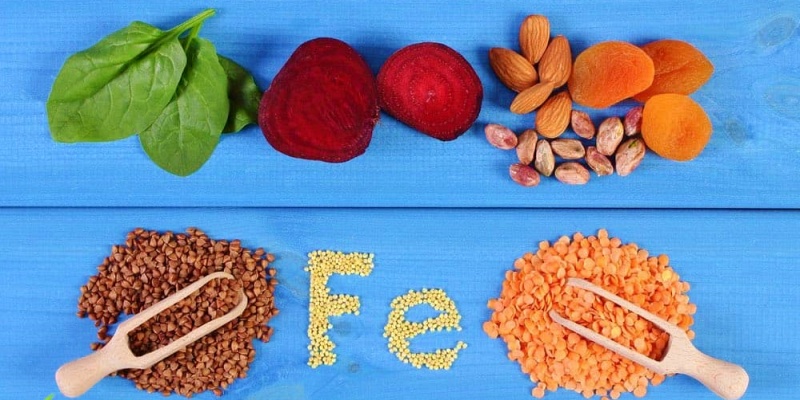

Iron
A pregnant woman needs an average of 27 mg of iron per day, as this percentage supports the child’s physical growth, nerve development, and improves blood supply. It is worth noting that these processes are particularly important during pregnancy because blood volume increases by 20-100% during this period, which directly causes a state of iron deficiency during pregnancy.
It should be noted that prenatal vitamins will likely meet some of your iron needs here, but it is also a good idea to eat a variety of iron-rich foods every day, which are represented by the following items:
- Breakfast cereals containing iron.
- Beans and some other legumes.
- Soy-based foods.
- Whole grains or nutrient-dense foods, such as bread and pasta.
- Dark green leafy vegetables such as spinach.
- Dark chocolate.
In general, you should avoid drinking tea or coffee with meals, as this can make it difficult for the body to absorb iron from vegetables, and replace this matter by combining foods rich in iron with foods rich in vitamin C, such as orange juice, tomato sauce, or broccoli.
Know, ma’am, that you will undergo blood tests early in your pregnancy to check your iron levels. If it is low, your doctor will advise you to take iron supplements. It is worth noting that this decrease can pose great risks to your health and the health of the fetus, as it may lead to premature birth.
Therefore, when suffering from some symptoms of anemia occur, including fatigue, weakness, pale or yellow skin, cold extremities, dizziness, or vertigo, one must immediately not be negligent regarding this matter and immediately go to the doctor monitoring the pregnant woman’s health condition.
Third: Zinc
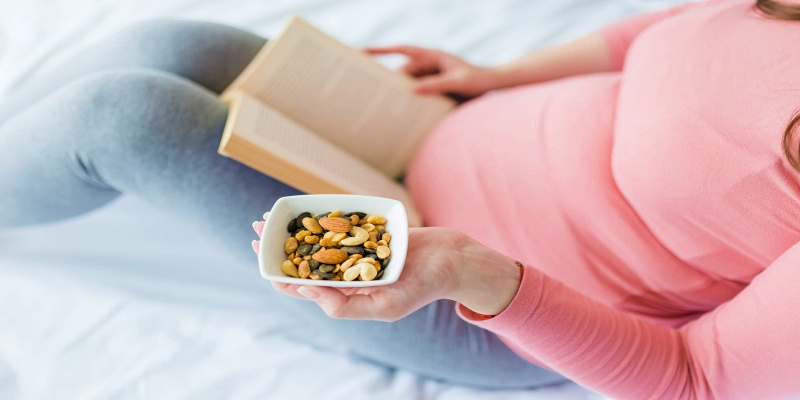

Zinc
Pregnant women in general and vegetarian women in particular need 11 mg daily of zinc, because it works to support the growth process during pregnancy. This must be done by eating foods rich in this element that contain the following:
- Fortified cereals.
- Beans.
- Soy foods.
- Nuts and seeds.
- Wheat.
- Oats.
Fourth: Calcium
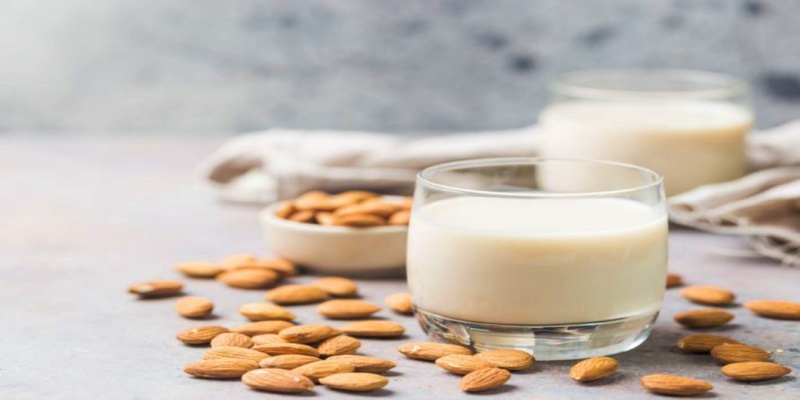

Calcium
In general, pregnant women require an amount of 1000 mg daily of the important and necessary element calcium during this period, and this is because it helps in the formation of the child’s bones, teeth, and nerves, in addition to its wonderful role in protecting the bones as well.
It is worth noting that what the fetus does not obtain from the food that the pregnant woman eats, it will obtain through the pregnant woman’s bones, especially in the last three months, which increases the risk of osteoporosis in the pregnant woman.
Therefore, pregnant women at that time can obtain enough calcium through their diets by eating plant products rich in calcium on a daily basis, which are as follows:
- Almond milk or soy milk.
- White beans, chickpeas and lentils.
- Sesame seeds and almonds.
- Dried figs.
- Certain vegetables including kale, green radishes, green cabbage, and broccoli.
Fifth: Vitamin D
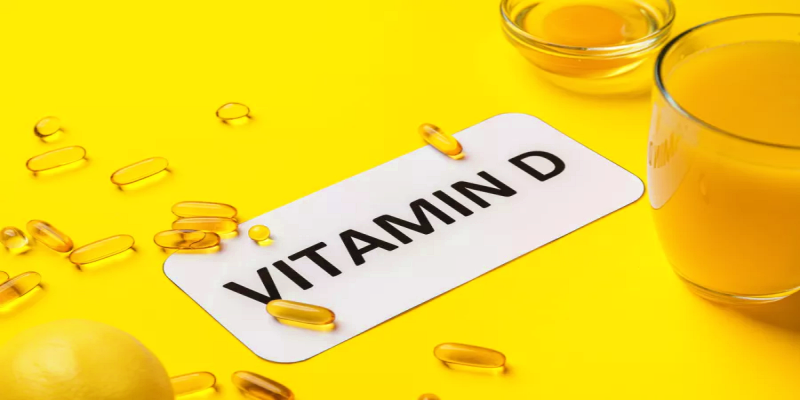

Vitamin D)
Vitamin D is one of the most important vitamins that a pregnant woman needs greatly. It is worth noting that she needs at least 600 international units per day to help absorb calcium to support the fetal bone growth process.
It should also be known that a woman’s body in general produces vitamin D every time she is exposed to sunlight and eats fatty fish, which is one of the best nutritional sources of this vitamin. But what should a pregnant, vegetarian woman do if she does not eat these fish? The answer here is summed up in the necessity of using some plant elements that also contain this vitamin, which are as follows:
- orange juice.
- Food grains.
- Soy milk.
However, pregnant women may need to take additional vitamin D supplements during the early periods of pregnancy and the winter, but this is done under medical supervision.
Sixthly: Vitamin B12
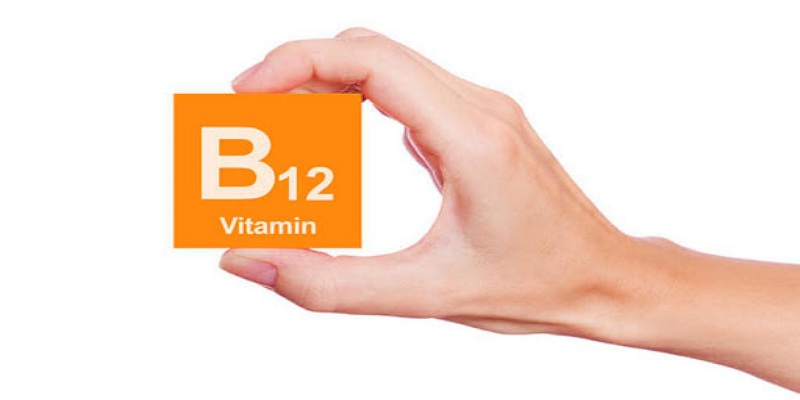

Vitamin B12
A pregnant woman needs to get 2.6 micrograms of vitamin B12 daily during her pregnancy, due to the importance of this vitamin in the development of the fetal brain. It is worth noting that this is achieved by eating several servings of dairy products every day, which results in pregnant women providing enough of their need for this vitamin.
My dear, if you are a vegetarian and do not want to eat dairy products, we will advise you here to eat foods fortified with vitamin B12, which include:
- Soybeans and soy milk.
- Food grains.
- Yeast.
Seventh: iodine
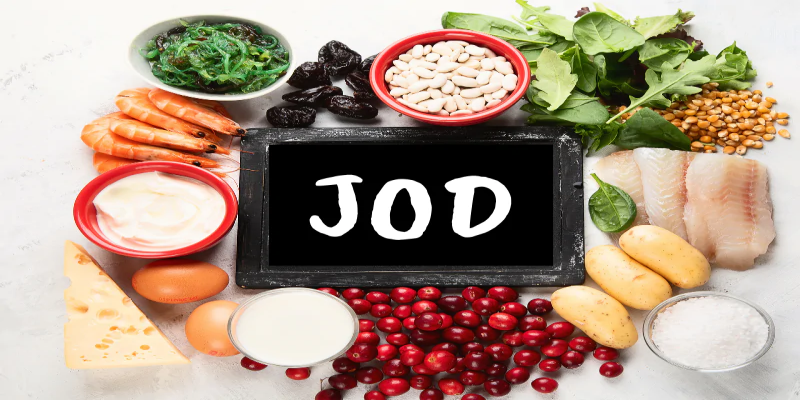

iodine
When talking about a pregnant woman’s need for iodine during her pregnancy, it must be known that the necessary percentage during this period is 220 micrograms per day, which helps the thyroid gland produce certain hormones that are important for the fetus’s brain and the development of the central nervous system.
It is worth noting that very low iodine levels can lead to hypothyroidism or enlargement of the thyroid gland. So, all you have to do, my pregnant lady, is choose table salt and seaweed As good plant food sources containing this element.
Eighth: Acids Omega 3 fatty acids
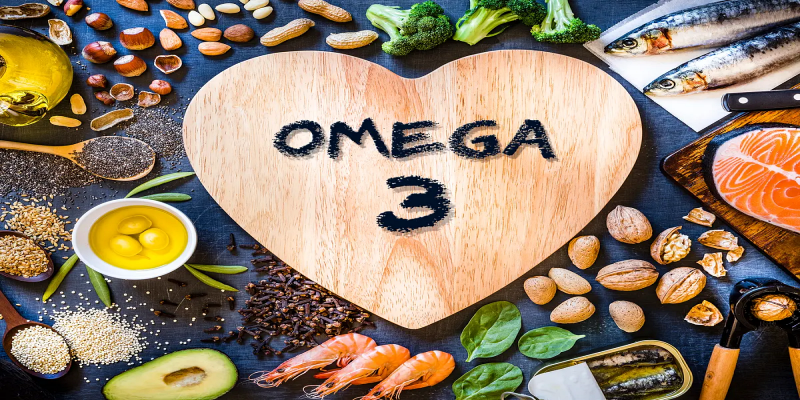

Omega 3 fatty acids
During pregnancy, we cannot ignore omega-3 fatty acids, as a woman during this period needs 200 mg of these acids to work to enhance the growth of the fetus’s eyes and brain during pregnancy. In addition, it can also help reduce the risk of premature birth.
Omega-3 fatty acids are mainly found in fish, fish oil, and microalgae, but when prescribing these acids to pregnant women who are vegetarians, they should know that they are found in chia seeds, flax seeds, soy water, and fortified fruit juice.

